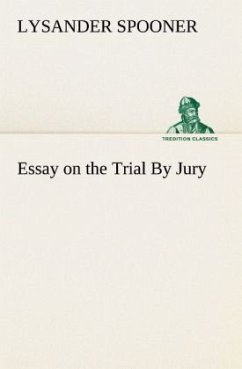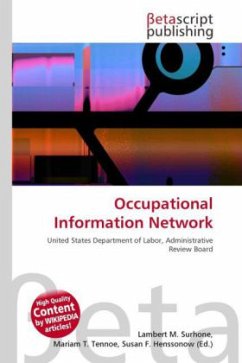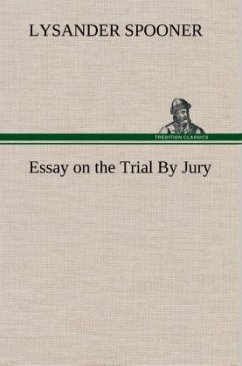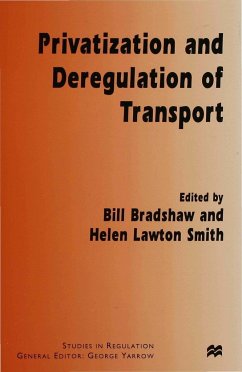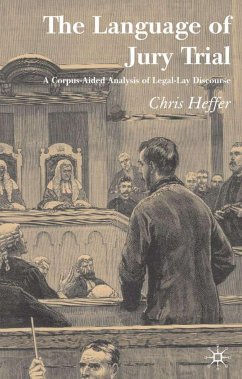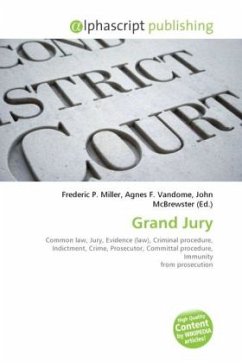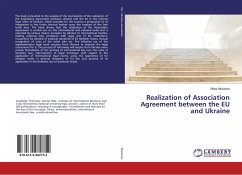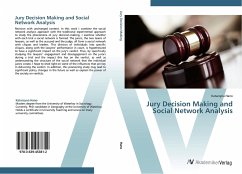
Jury Decision Making and Social Network Analysis
Versandkostenfrei!
Versandfertig in 6-10 Tagen
39,99 €
inkl. MwSt.

PAYBACK Punkte
20 °P sammeln!
Revision with unchanged content. In this work I combine the social network analysis approach with the tradi tional experimental approach to study the phenomena of jury decision-making. I examine whether with each trial a social network is formed. The jurors, the two teams of lawyers, as well as the accused and the judge, all form a social network with cliques and leaders. This division of individuals into specific cliques, along with the lawyers performance in court, is hypothesized to have a significant impact on the jury s verdict. Thus, by specifically studying the lawyers engagement and di...
Revision with unchanged content. In this work I combine the social network analysis approach with the tradi tional experimental approach to study the phenomena of jury decision-making. I examine whether with each trial a social network is formed. The jurors, the two teams of lawyers, as well as the accused and the judge, all form a social network with cliques and leaders. This division of individuals into specific cliques, along with the lawyers performance in court, is hypothesized to have a significant impact on the jury s verdict. Thus, by specifically studying the lawyers engagement and disengagement on the jurors during a trial and the impact this has on the verdict, as well as understanding the structure of the social network that the individual jurors create, I hope to shed light on some of the influences that are key in delivering the verdict. In addition, this pioneering study may lead to signi ficant policy changes in the future as well as explain the power of the society on verdicts.




